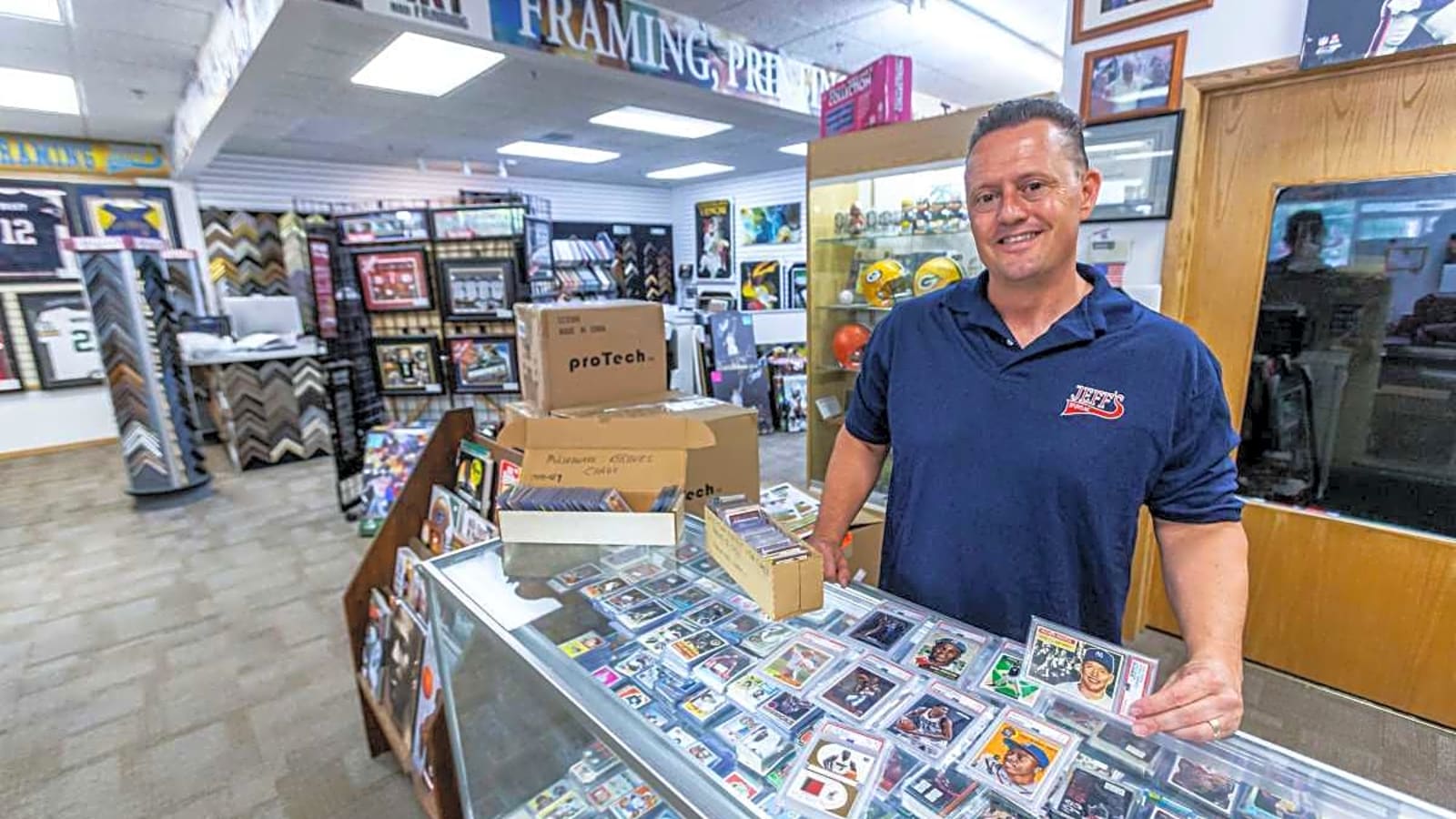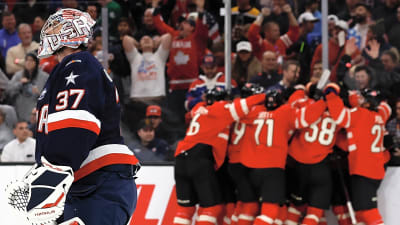
I found a box of baseball cards at a garage sale last weekend, a good mix of cards from the ’80s, ’90s, and current product. As expected, they are mostly commons, but there are a few inserts and short prints that have value. They got me thinking about where the best places to sell baseball cards are these days. I've been dabbling in this hobby on and off for years. I find it's a great way to stay up-to-date on prospects and incorporate them into my fantasy rosters. But I've sold a few stacks and learned some lessons. If you're new to this, stick around. I'll share what works for me.
Online Marketplaces: The Easy Way from Home
Most folks start online. It's quick, and you reach buyers everywhere. eBay is my go-to. Listing your cards is relatively easy. They handle payments and shipping labels. Fees are about 13%, but you get protection. I sold a bunch of mid-90s inserts there last year. Just take clear photos, describe the condition honestly, and set a fair price.
Local Options: Face-to-Face Deals
Sometimes online feels impersonal. I like hitting local card shops. Search for "sports card shops near me." They buy outright or consign. Prices may not be lower than online, but you don't have to deal with fees and no waiting by the mailbox.
Craigslist works well for local areas, but the results can be hit-or-miss. Post with photos, meet safely. I've done a few deals this way, but you have to watch for scams.
Card Grading: What to know
Before you pick where to sell baseball cards, ask yourself this: Should I have my cards graded? I've gone back and forth on it with my own stuff. It can be lucrative, but it's not always worth the cost. Let me break down the pros and cons, the leading companies, and how it delivers value.
Pros first. Grading protects your card in a slab and keeps it safe from damage. There is a verification check, which is problematic for older cards that are easily reprinted. And a high grade? That can bump the value way up. Sometimes, by 2-3 times for top scores, based on what I've seen in eBay listings. Makes selling easier, too, since buyers trust the label. According to PSA's site, it adds status and scarcity.
But cons add up. Costs start at $10-50 per card, depending on the service and speed. It can take a long time to get them back, typically weeks or months. If it gets a low grade, it typically limits its value and the pool of interested buyers. Not great for cheap cards; fees eat the profit. Also, some companies have minimum orders, like 20 cards.
Choices for grading?
PSA at psacard.com is the big one—most trusted, their grades sell for the highest premiums. Good for resale. Beckett or BGS at beckett.com provides detailed subgrades for corners and other areas, which are particularly strong for modern cards. SGC is cheaper, around $10-$ 25, and solid for vintage items. Others like CGC or TAG are newer, but PSA, BGS, and SGC are the main players in 2025.
How does it impact value?
A PSA 10 can turn a $100 raw card into $300 or more. Scores of 9 can often be found for the same price as raw. A good way to see if a card has a chance to dramatically increase in value if graded high is to check eBay for "sold" prices on graded vs. raw cards. You can see all of the most recent sales and their prices, and make your decision from there.
Steps if you go for it:
- Sort by player, year, condition.
- Clean gently with a dry cloth (no water!).
- Sleeve and top-load or one-touch valuables.
- Pick a company based on what you plan to do with the card. Resell? PSA. PC? Whichever you think looks best.
- Common mistake? Grading more than you should. Only do valuables.
Avoid These Pitfalls When Selling
Be aware of scams: Use eBay's system for transactions and look for the Authenticity Guarantee. Off-platform deals? Risky.
Beginner FAQs on Where to Sell Baseball Cards
How much for shipping?
Depending on how many cards are included ($2-10), most of the platforms mentioned automatically charge the buyer. Some sellers cap the shipping charges for orders over a certain price. Be sure to check the details of their specific storefront.
Why It Matters
Selling baseball cards is a great way to keep our hobby alive! It turns those dusty old cards collecting cobwebs into cash that can go towards new packs and treasures. But it's not just about making money. It's also about creating fun stories and memories tied to them. Every trade brings a sense of community, reminding us of the great moments we've shared because of our love of the game.
More must-reads:
- Rams to propose rule change that would have negated Seahawks' pivotal two-point play
- Former Vikings WR Rondale Moore dies at 25
- The 'Last 40-homer season by MLB team' quiz
Breaking News
Trending News
Customize Your Newsletter
 +
+
Get the latest news and rumors, customized to your favorite sports and teams. Emailed daily. Always free!







